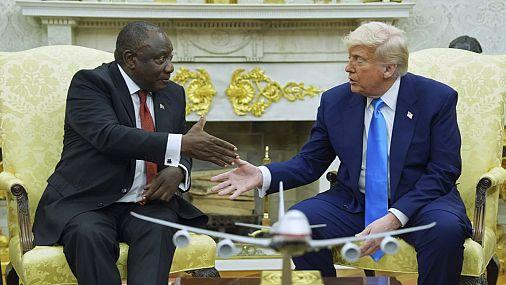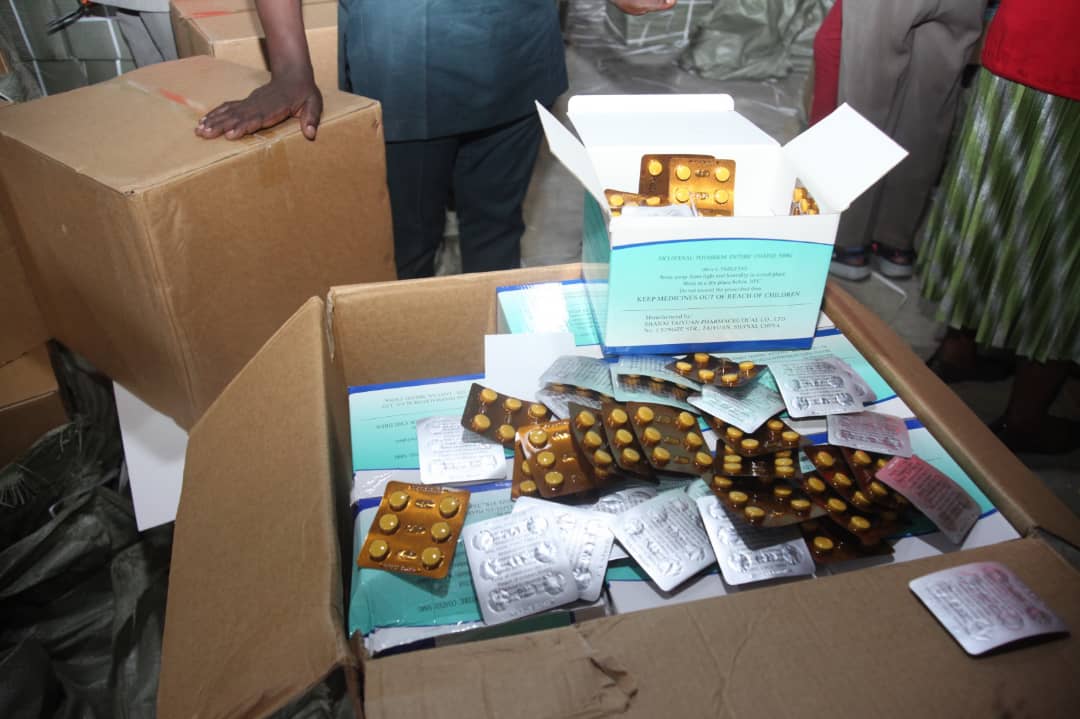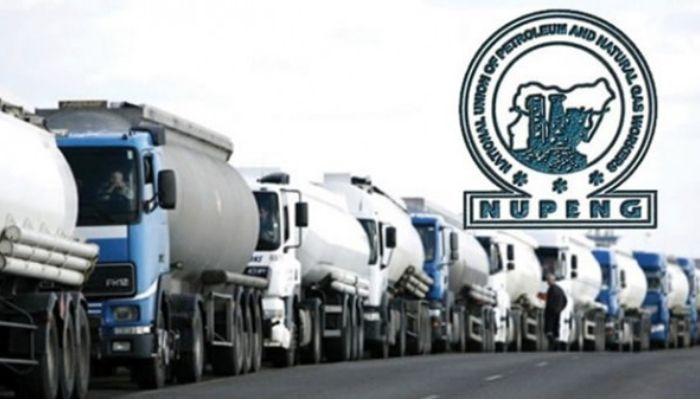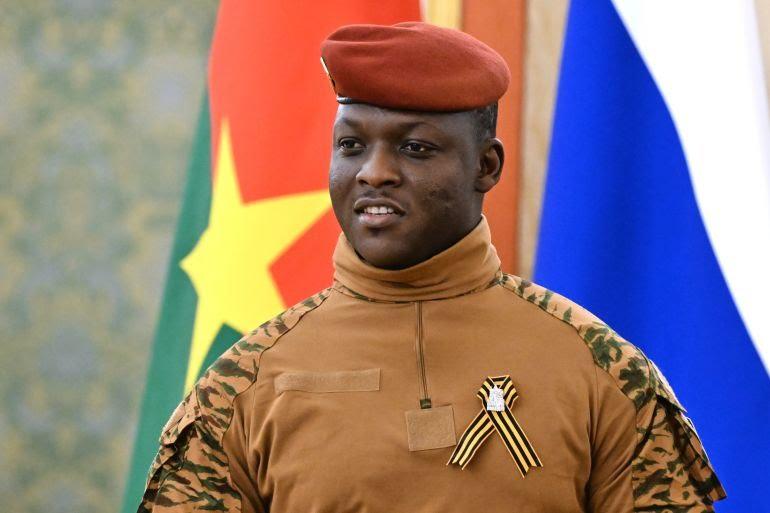U.S. President Donald Trump and South African President Cyril Ramaphosa are scheduled to meet again in less than a month after a controversial and tense encounter in the Oval Office that made international headlines.
This follows as the G7 summit, one of the most anticipated bilateral meetings which will play out quietly on the sidelines, opens on Monday, June 15, in Kananaskis, Canada.
Their first face-to-face meeting, which occurred three weeks ago in Washington, was widely described as an ambush.
South African officials privately expressed frustration, saying Trump veered sharply off script to press Ramaphosa on land reform, immigration, and trade. The tone, according to some diplomats, was anything but diplomatic.
The meeting has since become a flashpoint in Washington–Pretoria relations, with visible tension defining what should have been a routine diplomatic exchange.
Despite the fallout, Ramaphosa has confirmed he will meet Trump again on the sidelines of the G7.
According to reports in South Africa, while addressing journalists in Pretoria, he said, “I am going there to have bilaterals with the chancellor of Germany, the prime minister of Canada, and, of course, I will also be meeting President Trump, whom we met at the White House.”
He emphasised that his objective this time is clear: to “reset relations with the White House.”
This follow-up meeting comes at a delicate moment in U.S.–Africa relations. Tensions have escalated over Trump’s travel bans targeting several African countries and the recent imposition of tariffs that threaten to cripple key African exports.
Ramaphosa, who is seen as the continent’s most prominent statesman on the global stage, faces the challenge lies in striking a balance, pushing back against policies many Africans deem hostile, while maintaining diplomatic channels with Washington.
In their last exchange, Trump had praised South Africa’s economic endurance, even as he raised pointed questions.
Ramaphosa, in response, underlined the importance of mutual respect and cooperation. But with the geopolitical context now more complex and confrontational, the stakes for their next meeting are arguably even higher.
Trump’s foreign policy continues to emphasise transactional dealings over multilateral consensus, while Ramaphosa remains a vocal proponent of global collaboration through the African Union, BRICS, and the G20, which South Africa currently chairs.
Read also: CNN fact-checks Trump’s false claims on South African farmers’ killing
In a separate development, former Canadian Prime Minister Jean Chrétien issued a cautionary message ahead of the summit.
Speaking Thursday at a conference in Calgary, Chrétien advised world leaders attending the G7 to avoid reacting to President Trump’s unpredictability. “If he has decided to make a show to be in the news, he will do something crazy, let him do it, and keep talking normally,” Chrétien said
Describing Trump as a “bully,” Chrétien said the best approach is to remain composed and focus on the agenda at hand.
He urged leaders to follow the calm demeanour displayed by Canadian Prime Minister Mark Carney during a recent White House visit. “You can’t predict what Trump might do,” Chrétien warned.








